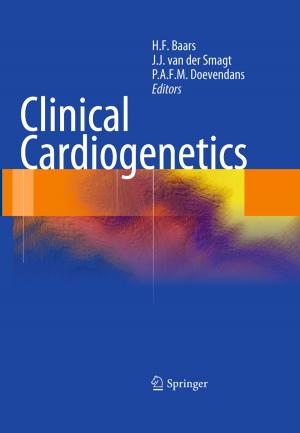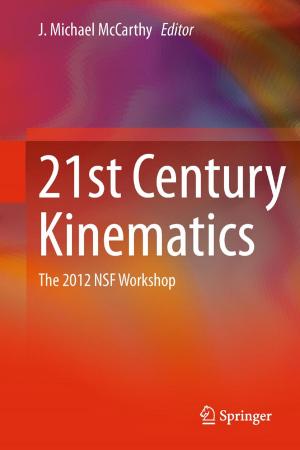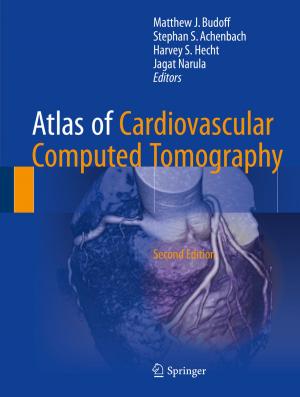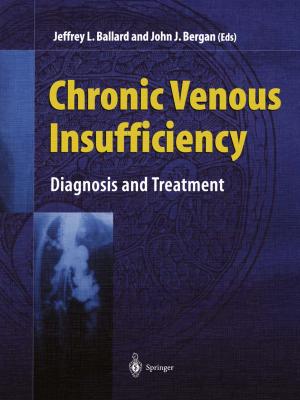The Effect of Hydrogen and Hydrides on the Integrity of Zirconium Alloy Components
Delayed Hydride Cracking
Nonfiction, Science & Nature, Science, Chemistry, Technical & Industrial, Physics, Mechanics, Technology| Author: | Manfred P. Puls | ISBN: | 9781447141952 |
| Publisher: | Springer London | Publication: | August 4, 2012 |
| Imprint: | Springer | Language: | English |
| Author: | Manfred P. Puls |
| ISBN: | 9781447141952 |
| Publisher: | Springer London |
| Publication: | August 4, 2012 |
| Imprint: | Springer |
| Language: | English |
By drawing together the current theoretical and experimental understanding of the phenomena of delayed hydride cracking (DHC) in zirconium alloys, The Effect of Hydrogen and Hydrides on the Integrity of Zirconium Alloy Components: Delayed Hydride Cracking provides a detailed explanation focusing on the properties of hydrogen and hydrides in these alloys. Whilst the emphasis lies on zirconium alloys, the combination of both the empirical and mechanistic approaches creates a solid understanding that can also be applied to other hydride forming metals.
This up-to-date reference focuses on documented research surrounding DHC, including current methodologies for design and assessment of the results of periodic in-service inspections of pressure tubes in nuclear reactors. Emphasis is placed on showing how our understanding of DHC is supported by progress in general understanding of such broad fields as the study of hysteresis associated with first order phase transformations, phase relationships in coherent crystalline metallic solids, the physics of point and line defects, diffusion of substitutional and interstitial atoms in crystalline solids, and continuum fracture and solid mechanics. Furthermore, an account of current methodologies is given illustrating how such understanding of hydrogen, hydrides and DHC in zirconium alloys underpins these methodologies for assessments of real life cases in the Canadian nuclear industry.
The all-encompassing approach makes The Effect of Hydrogen and Hydrides on the Integrity of Zirconium Alloy Component: Delayed Hydride Cracking an ideal reference source for students, researchers and industry professionals alike.
By drawing together the current theoretical and experimental understanding of the phenomena of delayed hydride cracking (DHC) in zirconium alloys, The Effect of Hydrogen and Hydrides on the Integrity of Zirconium Alloy Components: Delayed Hydride Cracking provides a detailed explanation focusing on the properties of hydrogen and hydrides in these alloys. Whilst the emphasis lies on zirconium alloys, the combination of both the empirical and mechanistic approaches creates a solid understanding that can also be applied to other hydride forming metals.
This up-to-date reference focuses on documented research surrounding DHC, including current methodologies for design and assessment of the results of periodic in-service inspections of pressure tubes in nuclear reactors. Emphasis is placed on showing how our understanding of DHC is supported by progress in general understanding of such broad fields as the study of hysteresis associated with first order phase transformations, phase relationships in coherent crystalline metallic solids, the physics of point and line defects, diffusion of substitutional and interstitial atoms in crystalline solids, and continuum fracture and solid mechanics. Furthermore, an account of current methodologies is given illustrating how such understanding of hydrogen, hydrides and DHC in zirconium alloys underpins these methodologies for assessments of real life cases in the Canadian nuclear industry.
The all-encompassing approach makes The Effect of Hydrogen and Hydrides on the Integrity of Zirconium Alloy Component: Delayed Hydride Cracking an ideal reference source for students, researchers and industry professionals alike.















